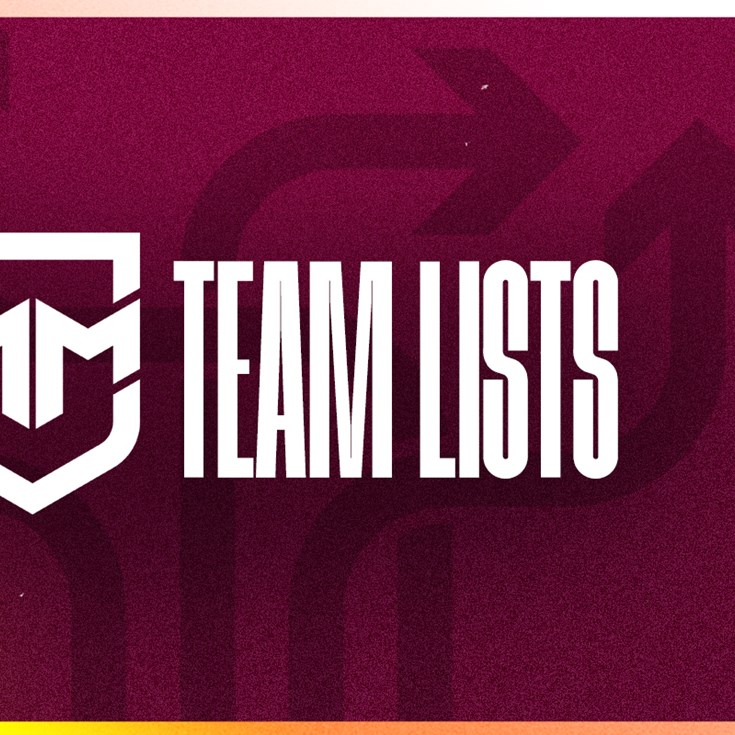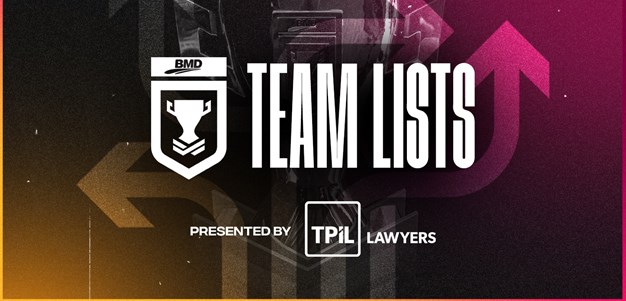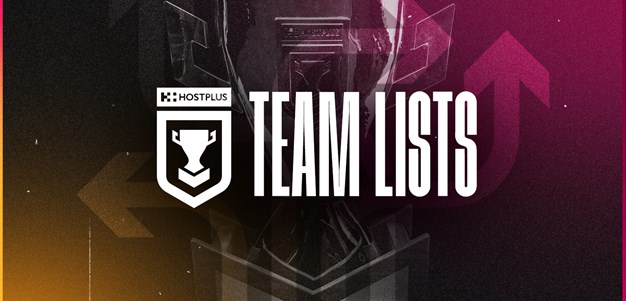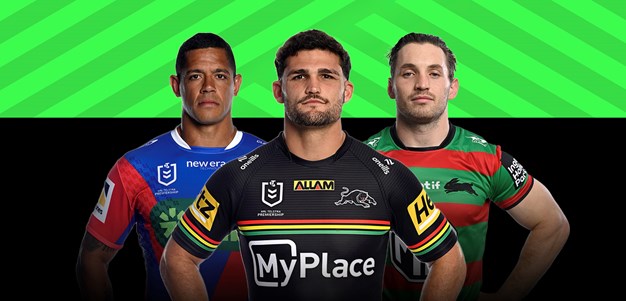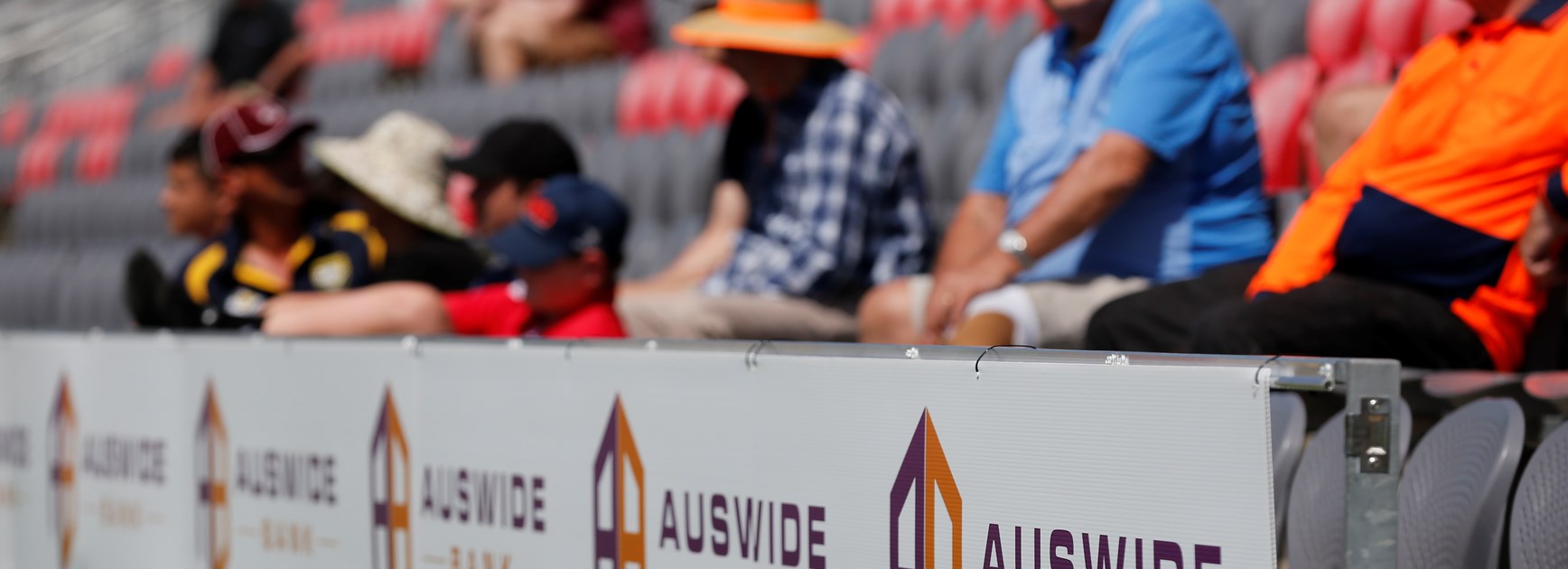
Welcome to another instalment of Queensland Rugby League's #WellbeingWednesday series, providing handy tips and helpful advice to improve overall wellness.
This week, the hot topic people may need further guidance on is financial advice during the COVID-19 crisis. Auswide Bank chief customer officer Damian Hearne has provided five tips to help people during these unprecedented times.
"I think that as much as it has been a health crisis, for many Australians, it has been a financial crisis," Hearne said.
"There has been loss of employment, reductions in income... it has been felt throughout Queensland, throughout Australia.
"I think people need to understand they're not in it alone. They can certainly talk to their banks about what they need to help them get through. By talking, that's going to assist, not only in a financial sense, but in a mental health sense.
"No one thinks less of you because of the situation you're going through, in a financial sense."
Five financial tips from QRL partner Auswide Bank
1. The banks are still open
Banks are considered an essential service, however there is always the possibility your local branch or branches in your area may need to close, perhaps due to illness of staff. Make sure you have taken steps to be able to access your accounts - such as applying for a debit card or setting up online banking - to be able to still make purchases of essential items, transfer money and pay bills even if your branch closes temporarily.
"The banks are still open," Hearne said.
"The government made the decision that banks are, our financial systems are, an essential service during these times. Whilst most bank branches are still open, the use of technology allows you to do your daily banking online if your local branch does shut.
"If you are unsure about how to get online, contact your bank. The bank's contact centres have people ready to help you enter the online world.
"Provided you practice good security habits, the security of banking online has never been safer. We have put a calling program in place for those customers who don't have online banking. Some don't have debit visa cards because if it isn't in their pass book it doesn't happen.
"Whether you meet face-to-face, pick up the phone or use your computer, there's lots of ways to do your banking."
2. There are options
If you unable to work, have experienced a loss of income or your business has been impacted, contact your bank to discuss your banking situation.
Most banks are providing deferral of loan repayments or other measures to help their borrowers and you may also be able to access term deposits without penalty.
"All of the banks in Australia have agreed to help... have agreed to support the people of Australia throughout this period of time," Hearne said.
"So instead of hiding something from the bank, or pretending you're ok, talk to your bank - the support is there.
"Whether that's taking a six-month deferment on a loan, whether that's talking about fees, talking about what you need your bank to do to assist you, the banks are here to help.
"We cop a bit from time to time, but I think the banks of Australia are doing a really good job over this period."
3. Personal financial advice is available
If you are having problems paying bills, need urgent help with money or really need some financial counselling, visit the Australian Government’s www.moneysmart.gov.au/covid-19 website.
Most banks also have qualified financial advisors who can provide personal financial advice about recent changes to superannuation, investments and government benefits.
"The banks aren't doing this alone... they're doing it in conjunction with the government," Hearne said.
"Individuals need to make the most informed decisions about their own circumstances.
"The superannuation one is a good example. Do you take $20,000 out of your super now? Which everyone knows will long-term have an impact, but that's a decision an individual has to make. And you need to, you need to get advice from your bank or someone the bank can refer you to.
"Banks and government have worked really closely on this one."
4. Be aware of scammers
Unfortunately scammers are most active when people are most vulnerable.
Some fraudsters are using COVID-19 to steal people’s banking details. Do not disclose your bank access codes or PIN numbers over the phone or by responding to suspicious emails. Your bank will never ask you for these things.
Contact your bank immediately if you believe your banking information may be compromised.
"In times of crisis, we see the good, the bad and the ugly of people.... whether it's toilet paper, or whether it's taking advantage of the vulnerable, people will use opportunities such as a crisis to profit," Hearne said.
"We always need to be aware. Aware but not alarmed. Your bank will never ask you for things they wouldn't usually ask you for."
5. Visit your bank's website frequently
Visit your bank’s website frequently for the latest updates. Most banks have established a web page to keep you up-to-date with useful resources and status updates of how your banking may be impacted by COVID-19.
"We're communicating via our website, via our social media channels, via our branches, via our customer hub, with what's going on, with all of the latest updates," Hearne said.
"We, like everyone, are proud of the way Australians have heeded the calls and direction of our experts and leaders, and we look forward, like all, to establishing back some normality in our lives and welcoming more customers back into our branches."

